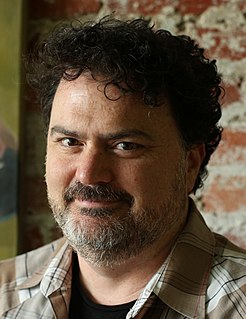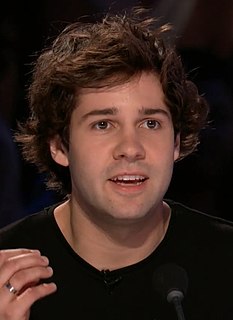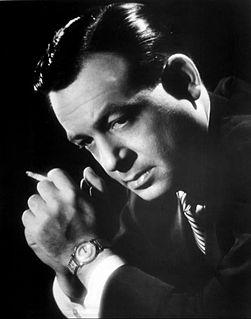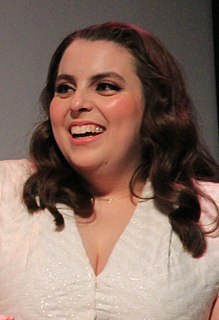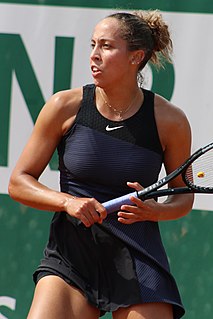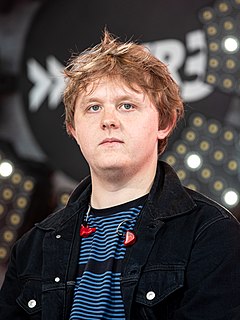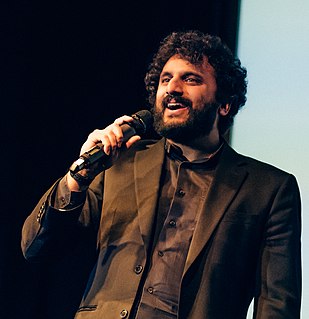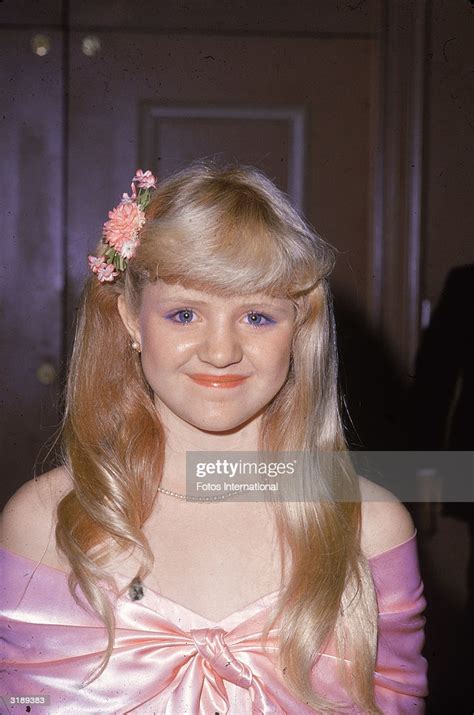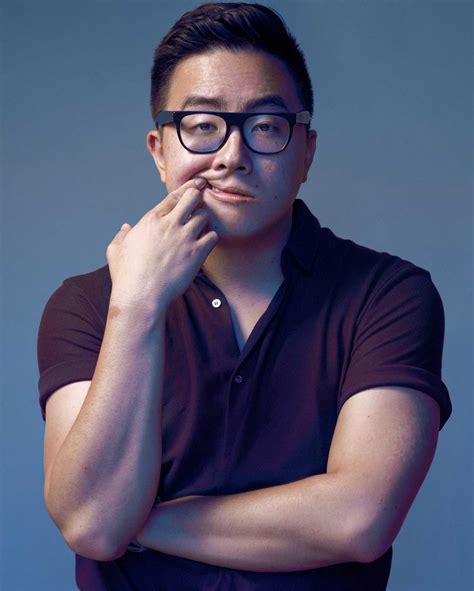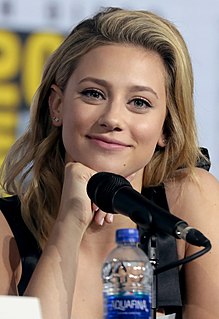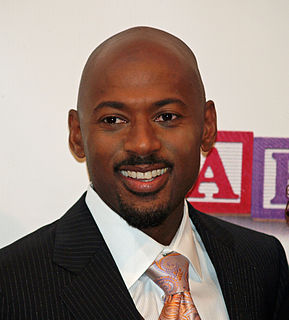A Quote by Tim Schafer
For every character, I think about who they are, their story, what they are, and who they were before their game started. What was their life like? Where did they grow up? What were their parents like?
Related Quotes
I have a specific routine before every match. I like to grip my rackets, because I feel that someone else won't do it how I like them. But the biggest thing is that I don't like to stress about my match all morning. Twenty minutes before, I'll sit down and think about the game plan and warm up. And then I just play.
When I first started out, they were like, 'Is there anybody that you like that you want to work with, and we'll see what we can do?' And I went, 'I like Malay,' who's Frank Ocean's producer, and they were like, 'Not going to happen.' It did seem so, like, high-in-the-sky sort of thing, do you know what I mean? It still does, that it happened.
This is our story to tell. You’d think for all the reading I do, I would have thought about this before, but I haven’t. I’ve never once thought about the interpretative, the story telling aspect of life, of my life. I always felt like I was in a story, yes, but not like I was the author of it, or like I had any say in its telling whatsoever.
There is a sequence of events in our lives and so there's a temporal aspect to our experience that brings by itself, sense into the story. In other words, you were not walking before you were born and you were not doing X and Y before you did something else first. So there's a sequencing of events that imposes a certain structure to the story.
For 25 or 30 years I never had an assignment. These were all stories I wanted to do myself. So they were always about somebody I like, 'cause if I didn't like him, I just didn't do the story. And to have somebody else paying the bills for this tourism, to every corner of every stage, over and over again? Why, who wouldn't want a job like that?
